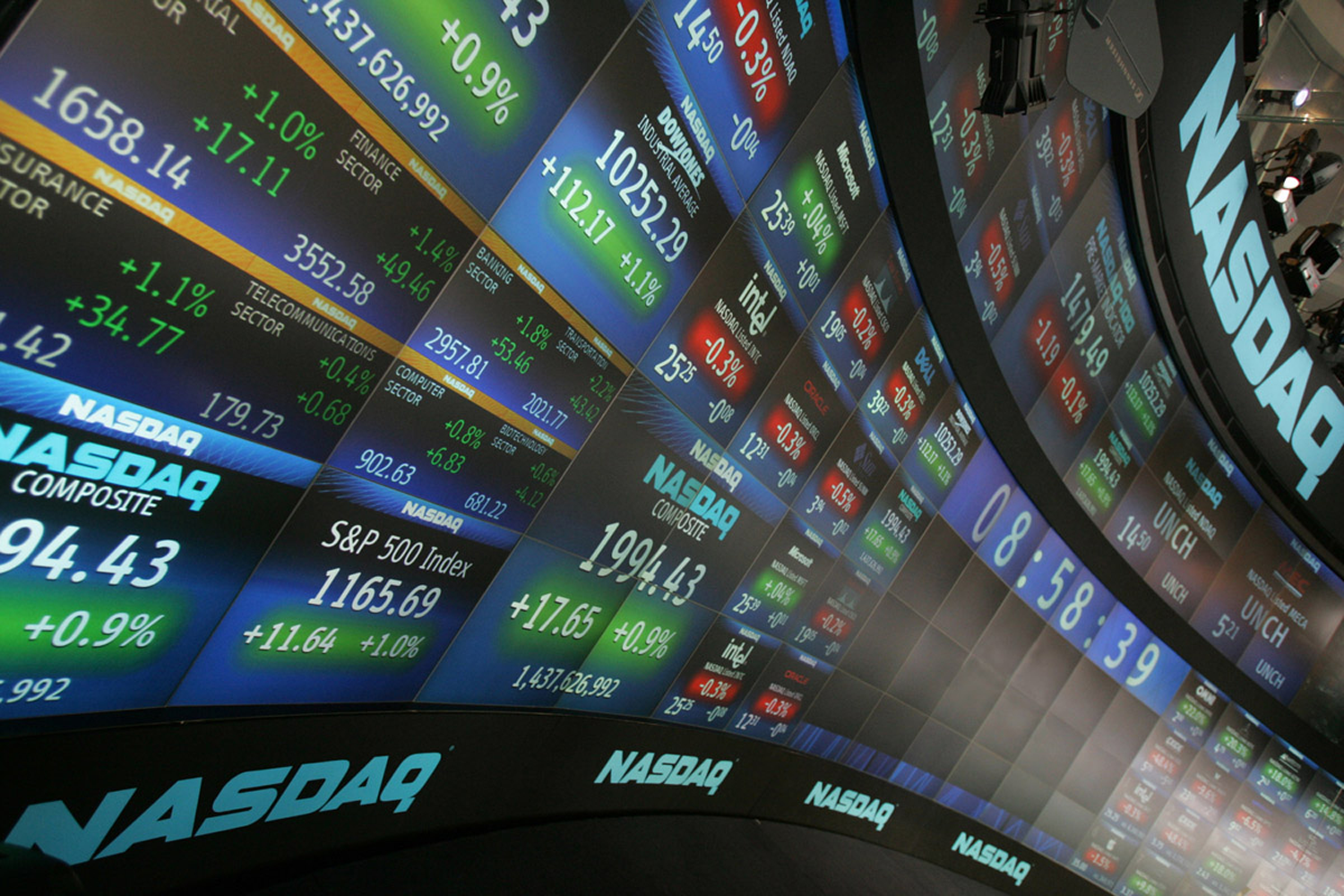Blog
BLOG: Why we’re not heading for another 2008

The recent volatility in stock markets has sent the bulls running for cover and the bears out of hibernation. But we’re in a far better position than we were entering the financial crisis of 2008.
2016 has got off to one of the worst starts on record; the Chinese Shanghai Composite index is down nearly 22%, oil has fallen 18%, while Japanese and European markets are down around 15% each. The picture doesn’t look much better in the UK and US where markets are down around 10%.
China has been leading the world down this time, as weaker than forecast economic data has raised concerns that China is on the brink of collapse and growth will slow rapidly and bring down the rest of the world with it. Weaker oil prices add to concerns that the global economy is on the brink of another recession.
Markets can be volatile and can fall far and fast in a short space of time. While big collapses are not common place, they are not as rare as we would like. Financial crises, on the other hand, tend to be far and few between. In the run up to the 2008 crisis few were predicting any such crisis. Since then barely a year goes by without someone making a dire warning that a repeat of 2008 is imminent.
There are plenty of reasons to be pessimistic and gloomy; China is struggling to turn its economy from an exporter into a domestic consumer, growth is likely to be lower than expected and an economic hard larding is a possibility. As China slows down, it will weaken its currency which has a deflationary effect around the world.
Europe still has some structural problems, Greece has disappeared from the headlines but the problems remain. The biggest concern, however, is that governments do not have any money and cannot spend their way out of recession. Having printed huge sums of money through quantitative easing, they are heavily indebted and have record low interest rates. Should global growth disappear they just don’t have the fire power or tools available to stimulate any economic recovery.
2008 was much more than a bear market or even a global recession. It was a breakdown of western financial system to point that bank’s wouldn’t lend to each other because they didn’t know who to trust or which institutions would be solvent the next day let alone the next month. Since the financial crisis regulation has been tightened, banks are required to hold more money on their balance sheets and they have spent the past seven years rebuilding their balance sheets and unwinding their complex financial arrangements.
As a result, the private sector in the UK and US is in a much stronger position than it was entering the financial crisis of 2008. Governments and major institutions are more aware of the risks then they were in 2008. The crisis that hurt investors the most are usually the ones that come out of the blue.